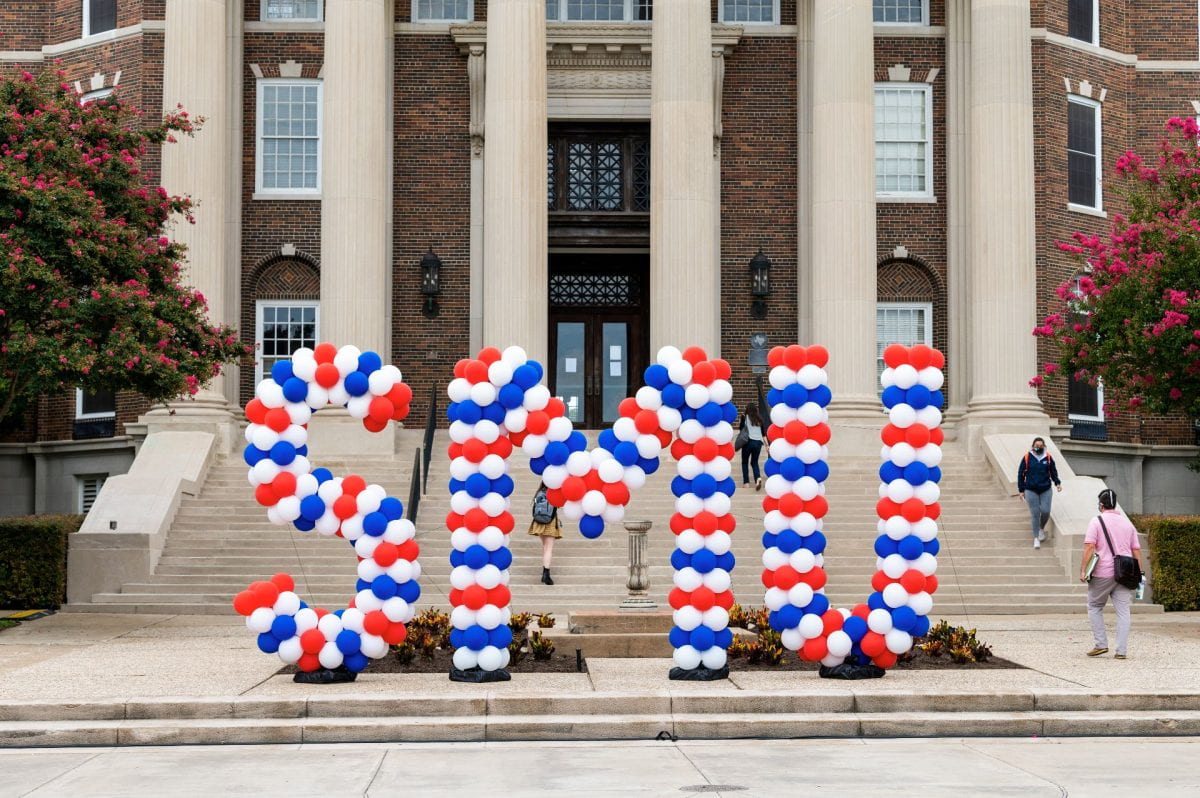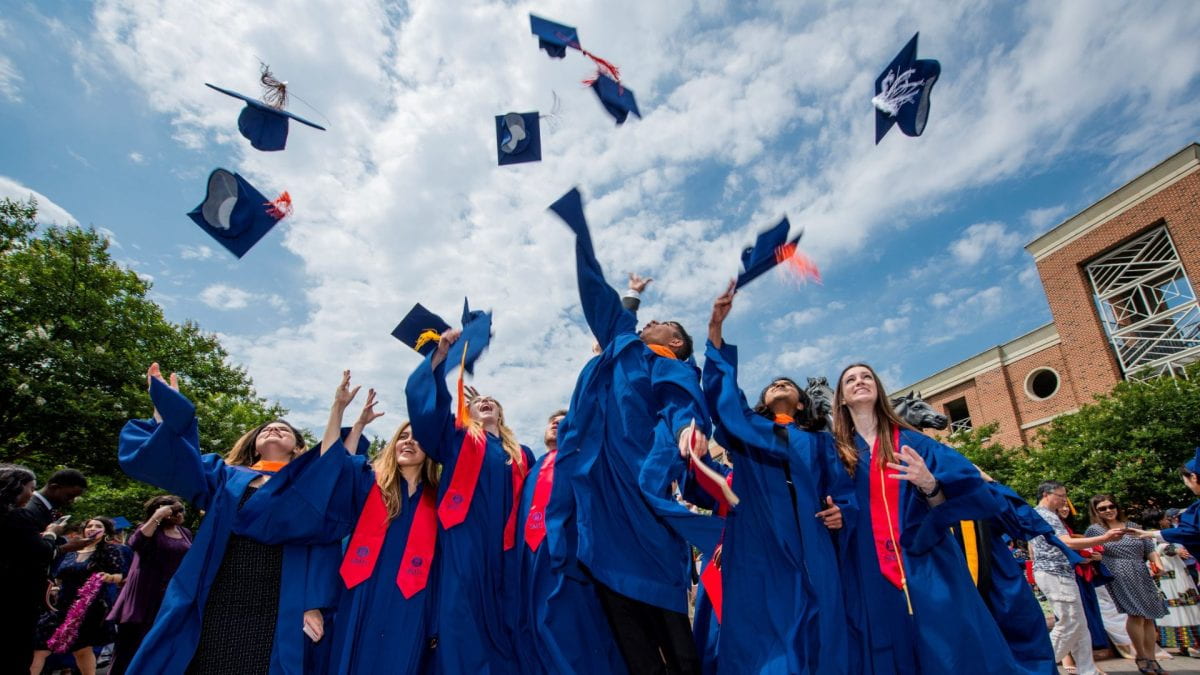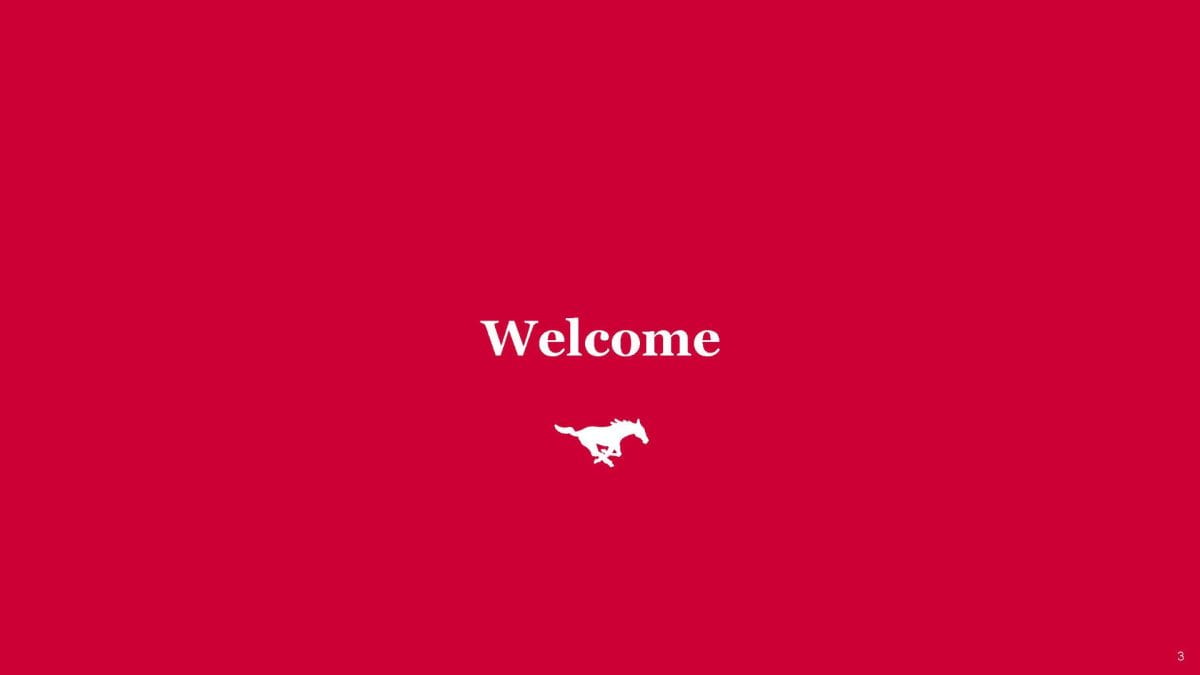As part of its commitment to excellence in undergraduate education and in fulfillment of its responsibilities to its accreditor the Southern Association of Colleges and Schools Commission on Colleges (SACSCOC), SMU assesses student learning in the Common Curriculum each year. To allow sufficient time to collect, review and analyze results, and in the spirit of continuous improvement, SMU assesses approximately one-third of the Common Curriculum’s components each year (using a three-year cycle). In 2022-2023, student work was assessed in the following components: Exploring Sciences (ES) Breadth, Social and Behavioral Sciences (SBS) Breadth, Technological Advances and Society (TAS) Breadth, Global Perspectives (GPS) Proficiency and Human Diversity (HD) Proficiency.
Work is taken from courses in fall, spring and intersession terms for review and falls into two broad categories: rated (e.g., papers, essays, oral presentations, art projects) and objective (quizzes and tests with a single, discrete answer). Student work is evaluated by trained teams of faculty volunteers, supported and coordinated by the Office of Institutional Planning and Effectiveness. The “juried assessment” strategy we use involves having each example of student work scored or rated by two to three trained faculty evaluators using the rubric associated with each Common Curriculum Component. Results are presented to each department delivering courses in the assessed component, and each department uses the results to identify and document potential improvements in their courses. Course changes can include improvements to assignments, improvements to the delivery of particular content in the course, or improvements to the course overall. Starting this year, we are also sharing the results with all SMU stakeholders and they are available for viewing here using your SMU login credentials.
It is important to note that we are using this first cycle of assessment to establish a baseline (determining where student performance actually fell in each component) that can be used to determine the appropriate targets for future improvement. Targets listed in this year’s report were inherited from the University Curriculum and were not based on student learning or performance in the Common Curriculum nor set using the current learning outcomes. These targets will be replaced in the second cycle of assessment with targets established at one-half of a standard deviation from the mean of student performance, as demonstrated in the first cycle of assessment, as this is an accepted method of establishing targets for improvement. Going forward, in addition to reporting on the results of the Common Curriculum assessment, we will give a progress report on efforts to seek improvement in the delivery of the Common Curriculum and student educational attainment in the Common Curriculum.
It is also important to note that work was done in this first cycle of assessment on “tuning” or reviewing, refining, and improving the rubrics that we use to assess learning in the Common Curriculum. The revisions reflected in the assessment report are those proposed by the faculty raters who participated in the assessment process over the summer of 2023. These revisions, once proposed, are reviewed and approved by the Council on General Education (CoGE), which may elect to propose additional revisions and changes. The revised rubrics that result from this process go into effect after review and approval by CoGE, and the final version of the rubric will be communicated to the SMU community by CoGE through the Office of Student Academic Engagement and Success.











